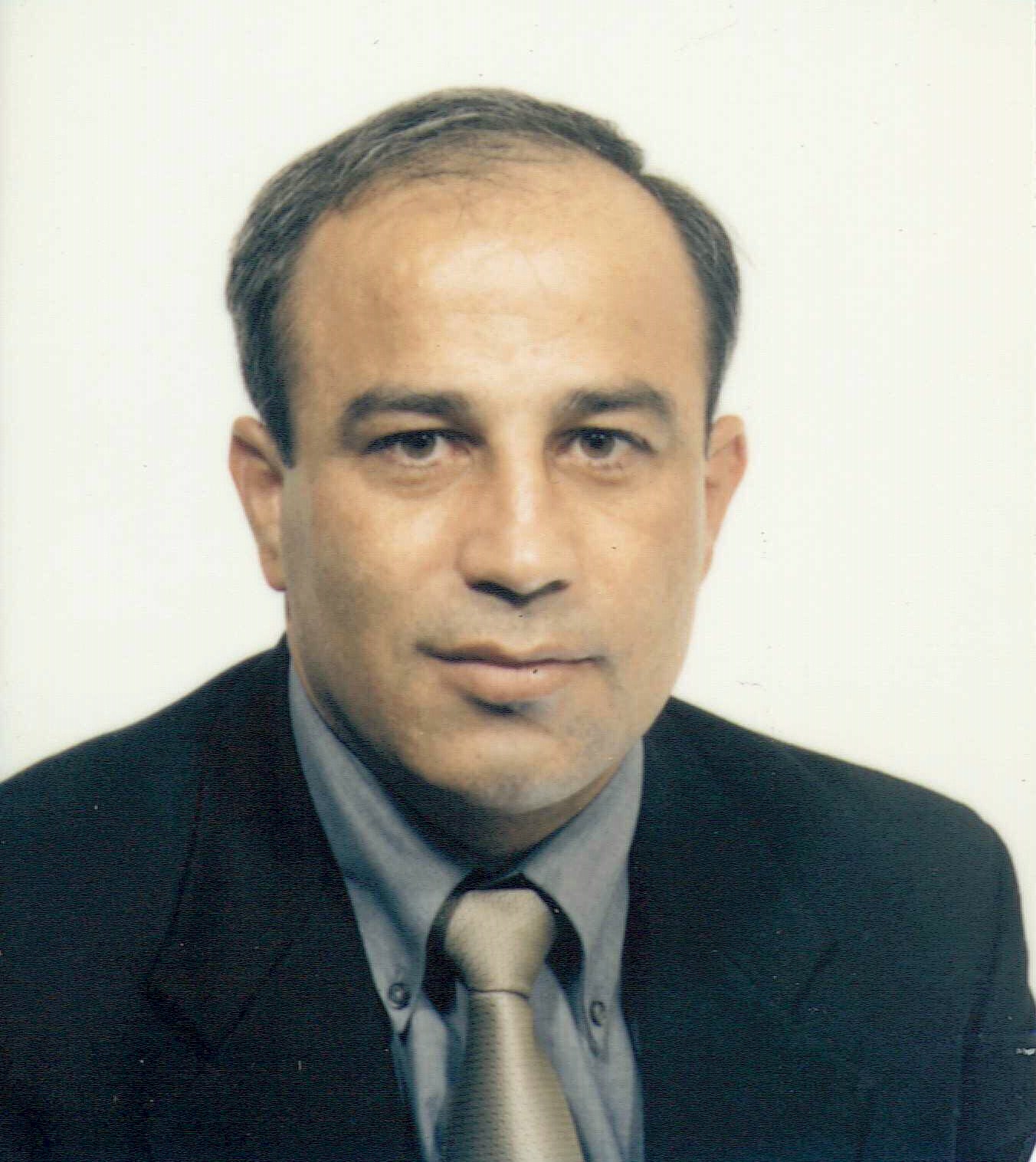
 sm
smCOLUMN SEVENTY-SIX, OCTOBER 1, 2002
(Copyright © 2002 The Blacklisted Journalist)
SECTION EIGHTEEN
EMAIL PAGE FOUR

 sm
sm
COLUMN
SEVENTY-SIX, OCTOBER 1, 2002
(Copyright © 2002 The Blacklisted Journalist)

MOHAMMAD DARAWASHE
STORY OF AN ARAB 'PEACENIK'
Subject:
[Givat-Haviva] Conflict Takes Growing Toll On Arab-Israeli Community Longtime
Friendships
Date: Thu, 15 Aug 2002 13:10:21 퍭
From:
"Mohammad Darawshe" <dovergh@inter.net.il>
Reply-To: Givat-Haviva-owner@yahoogroups.com
To: info@blacklistedjournalist.com
The
Wall Street Journal - August 9, 2002
Conflict
Takes Growing Toll On Arab-Israeli Community Longtime Friendships,
By
KARBY LEGGETT
Staff Reporter of THE WALL STREET JOURNAL
IKSAL
VILLAGE, Israel -- Mohammad Darawshe's family goes a long way back in this Arab
village in northern Israel -- 27 generations, to be exact. His family has held a
prominent place in the community ever since, and, like many of the one million
Arabs living in Israel, he long ago pledged allegiance to the State of Israel.
But
in recent years, Mr. Darawshe has noticed an important change in how Jewish
Israelis view him and his fellow Arab Israelis: "The Jews see us more and
more as an extension of the enemy that lives within their state," says Mr.
Darawshe. "We're
viewed as part of the regional majority and no longer as the national
minority."
Nearly
two years of Israeli-Palestinian fighting has wrought tremendous damage.
At least 2,074 Israelis and Palestinians have been killed. Hundreds of
millions of dollars in property have been destroyed. And tension between Israel
and the Arab countries that surround it has climbed to its highest level in
nearly a decade.
Yet,
largely overlooked amid the fighting is the toll the conflict has taken on ties
between the Jews and Arabs of Israel. Once viewed as a model of tolerance for
the entire region, the relationship is now rent by a level of tension and anger
not seen since the early 1950s. Jewish and Arab individuals have seen their
friendships frayed. Once-promising business ties between the two communities
have deteriorated, and cooperation has been replaced by mutual suspicion.
The
vast majority of Arab-Israelis are adamantly opposed to Palestinian terror
attacks. But a handful of Arab citizens has lent support to such attacks over
the past year, convincing many Jews that Arab citizens can't be trusted.
This week, for instance, Israeli police arrested two Arab-Israeli women
for failing to notify authorities of a pending suicide attack. The women were
riding a bus but disembarked after being warned by the Palestinian assailant.
The
arrests came a day after Israel's interior minister announced a plan to revoke
the citizenship of any Arab-Israeli involved in carrying out attacks on
Israelis. The plan, which received the backing of Israeli Prime Minister
The
widening divide among Israel's Jews and Arabs poses difficult questions for
That
has given rise to ideas that could challenge the foundations of Israel's
democracy. One such notion is referred to as "transfer," whereby Arab
citizens would be forcibly removed to another country or region. Another idea
calls for Arab-Israelis to be denied voting rights, thus ensuring Jewish
citizens maintain control of the government. Yet another calls for Israel to
redraw its borders in a way that would make many Arab-Israelis citizens of the
new Palestinian nation, assuming a final peace deal is reached.
For
now, these ideas remain largely fringe concepts, embraced mostly by far-right
Jewish politicians and citizens. But as the conflict between Israel and the
Palestinians has intensified, these ideas have left the realm of unthinkable and
begun working their way into daily conversation. And the result is deep concern
among Israel's Arabs. Says Shawki Khatib, the mayor of an Arab village outside
Nazareth: "The Jewish establishment is trying to kick us out."
Not
too long ago, relations between Israel's Jews and Arabs were improving.
Arab
Israelis such as Mr. Darawshe have watched the events in the following months
with fear and dismay. A former politician in the Arab Party, Mr. Darawshe now
helps run the Jewish-Arab Center for Peace [at Givat Haviva]. Since graduating
from an Israeli university, he has waged a personal battle against intolerance
and anger among the country's Jews and Arabs. For the first time, he fears he is
losing the battle.
His
work at the peace center, for instance, has been dealt a blow by the Israel
government, which scaled back the center's budget, and by nervous Arab and
"These
things don't happen in a vacuum ... they are the result of everything that's
going on around us," he says.
For
Mr. Darawshe, the troubled relationship is rooted in economics: After rising
through the mid-1990s, government investment in Arab villages is again tailing
off---even as more money goes to Jewish settlements in the West Bank and Gaza.
Visiting
a classroom of young Arab students in Iksal on a recent morning, Mr.
Says
Mr. Darawshe: "I want to help Israel, but if this is how the government
treats its own Arab citizens, how can it convince other Arab countries that it
will be a good neighbor?" ##
* * *
CLICK HERE TO GET TO INDEX OF COLUMN SEVENTY-SIX

CLICK HERE TO GET TO INDEX
OF COLUMNS
The
Blacklisted Journalist can be contacted at P.O.Box 964, Elizabeth, NJ 07208-0964
The Blacklisted Journalist's E-Mail Address:
info@blacklistedjournalist.com
![]()
THE BLACKLISTED JOURNALIST IS A SERVICE MARK OF AL ARONOWITZ